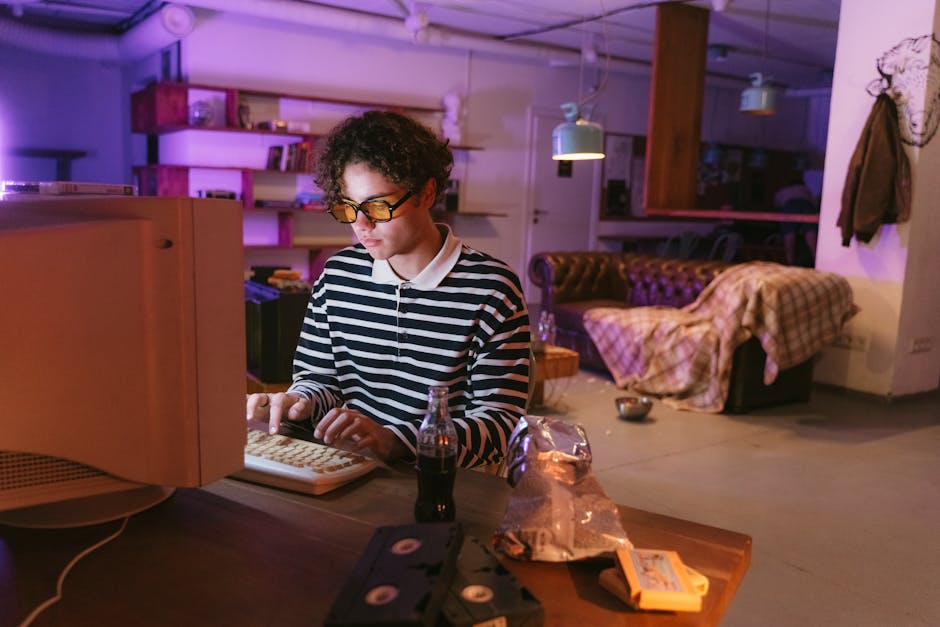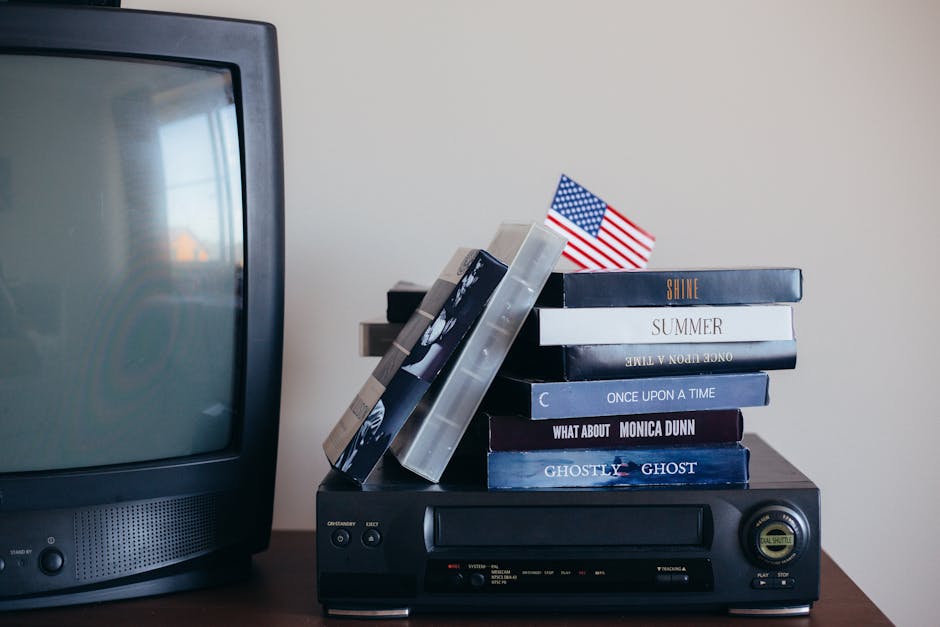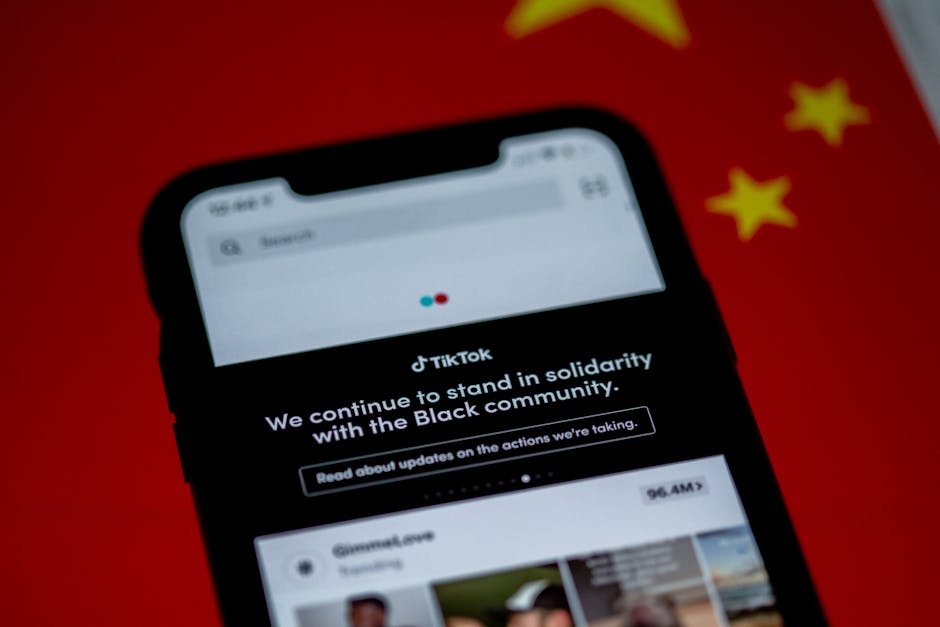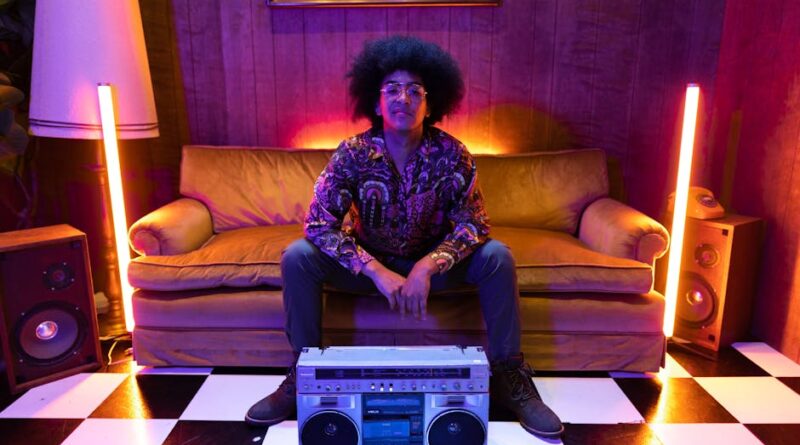The Influence of Movies on Cultural Norms
Movies are not just a form of entertainment; they play a significant role in shaping our perceptions, beliefs, and values. The influence of movies on cultural norms is a complex and multifaceted topic that has sparked debates and discussions among scholars, filmmakers, and audiences alike. From reinforcing stereotypes to challenging societal norms, movies have the power to shape our understanding of the world around us. In this article, we will delve into the various ways in which movies influence cultural norms, examining both the positive and negative impacts they have on society.
The Evolution of Movies and Cultural Influence

Since the early days of cinema, movies have been a powerful medium for storytelling and communication. From silent films to the latest blockbusters, movies have the ability to transport audiences to different worlds, evoke emotions, and inspire change. The evolution of movies and their influence on cultural norms can be traced back to the early 20th century, when filmmakers began using this new art form to reflect the social and political issues of the time.
One of the earliest examples of movies influencing cultural norms is the portrayal of women in film. In the early days of cinema, women were often depicted as damsels in distress or objects of desire, reinforcing traditional gender roles and stereotypes. However, as the feminist movement gained momentum in the 1960s and 70s, filmmakers began to challenge these stereotypes by creating strong, independent female characters who defied societal expectations.
Today, movies continue to play a crucial role in shaping cultural norms, influencing how we perceive race, gender, sexuality, and other aspects of identity. From blockbuster franchises like Marvel Studios to independent films that tackle social issues, movies have the power to challenge our preconceived notions and spark important conversations about diversity, representation, and inclusion.
The Portrayal of Diversity in Movies

One of the most significant ways in which movies influence cultural norms is through the portrayal of diversity on screen. Representation matters, and movies have the power to shape how we view different cultures, ethnicities, and backgrounds. When movies accurately depict diverse characters and storylines, they can help challenge stereotypes and promote empathy and understanding.
However, the film industry has been criticized for its lack of diversity both in front of and behind the camera. Studies have shown that minority groups are often underrepresented in movies, with white male actors dominating leading roles. This lack of diversity can perpetuate harmful stereotypes and limit opportunities for marginalized communities to see themselves reflected on screen.
Despite these challenges, there have been notable efforts in recent years to increase diversity in movies. Filmmakers like Ava DuVernay, Jordan Peele, and Greta Gerwig have made significant strides in promoting diversity and inclusion in their work, challenging the status quo and inspiring a new generation of storytellers to do the same.
The Impact of Movies on Social Issues

Movies have the power to raise awareness about important social issues and inspire change. From documentaries that shed light on environmental conservation to dramas that tackle mental health and addiction, movies can spark conversations and mobilize audiences to take action. The influence of movies on cultural norms extends beyond entertainment; it can be a catalyst for social change.
One of the most impactful examples of movies influencing cultural norms is the LGBTQ+ rights movement. Films like “Brokeback Mountain,” “Moonlight,” and “Call Me By Your Name” have helped humanize LGBTQ+ characters and shed light on the challenges they face in society. By telling authentic and compelling stories, these movies have played a crucial role in changing attitudes and promoting acceptance and equality.
Similarly, movies have addressed other pressing social issues such as racism, poverty, and political corruption. By shining a spotlight on these issues, movies can challenge the status quo and inspire audiences to advocate for change. Whether through fictional narratives or documentary storytelling, movies have the power to shape our understanding of the world and encourage us to confront injustice and inequality.
The Influence of Movies on Gender Norms

Gender norms and stereotypes have long been reinforced and challenged in movies. From traditional romantic comedies that perpetuate outdated gender roles to action films that feature strong female protagonists, movies have the power to both uphold and subvert societal expectations of gender. The influence of movies on cultural norms related to gender is a complex and nuanced topic that continues to evolve with changing attitudes and values.
Historically, movies have often depicted women as submissive and passive, reinforcing stereotypes of femininity that limit women’s agency and autonomy. However, in recent years, there has been a shift towards more diverse and complex portrayals of women in film. Movies like “Wonder Woman,” “Mad Max: Fury Road,” and “Hidden Figures” have featured strong, independent female characters who defy gender norms and challenge traditional expectations.
Similarly, the representation of masculinity in movies has also evolved, with filmmakers exploring themes of vulnerability, emotional expression, and male identity. Movies like “Moonlight,” “Boyhood,” and “The Wrestler” have depicted male characters who break free from traditional stereotypes of masculinity, showing that vulnerability and sensitivity are not signs of weakness but of strength.
The Role of Movies in Shaping Cultural Values
Movies have the power to shape cultural values and beliefs by presenting narratives that reflect and challenge societal norms. Whether through historical epics that celebrate national identity or science fiction films that imagine alternative futures, movies can influence how we perceive ourselves and our place in the world. The role of movies in shaping cultural values is a dynamic and ever-changing process that reflects the diversity and complexity of human experience.
One of the most significant ways in which movies shape cultural values is through the portrayal of heroism and morality. From classic Hollywood westerns to contemporary superhero franchises, movies often present moral dilemmas and ethical choices that resonate with audiences. By showcasing characters who embody virtues like courage, compassion, and integrity, movies can inspire audiences to reflect on their own values and beliefs.
Moreover, movies have the power to bridge cultural divides and foster empathy and understanding among diverse communities. By telling stories that transcend language and geography, movies can connect people from different backgrounds and experiences, fostering a sense of shared humanity and common purpose. The influence of movies on cultural values is a testament to the power of storytelling to unite and inspire audiences around the world.
Expert Opinions on the Influence of Movies on Cultural Norms
According to Dr. Jane Smith, a leading cultural historian, “Movies have the power to shape our perceptions of the world and influence how we view ourselves and others. The portrayal of diverse characters and storylines in film is essential for challenging stereotypes and promoting inclusivity in society.” Dr. Smith’s research has focused on the impact of movies on cultural norms and the importance of representation in media.
Similarly, filmmaker Ava DuVernay has emphasized the importance of diversity and inclusion in movies, stating, “Representation matters, both on screen and behind the camera. By telling diverse and authentic stories, we can challenge stereotypes and promote empathy and understanding among audiences.” DuVernay’s work, including the critically acclaimed film “Selma,” has been lauded for its commitment to promoting diversity and social justice in cinema.
Common Misconceptions About the Influence of Movies on Cultural Norms
One common misconception about the influence of movies on cultural norms is that they have a one-dimensional impact on society. In reality, movies are a complex and multifaceted medium that can both reinforce and challenge existing norms and beliefs. By exploring a wide range of genres, styles, and themes, movies have the power to shape our understanding of the world in nuanced and unexpected ways.
Another misconception is that movies are purely for entertainment and have no real-world implications. However, movies have the power to inspire change, shape public opinion, and influence social movements. From documentaries that expose injustice to dramas that humanize marginalized communities, movies can have a profound impact on how we perceive ourselves and others.
Conclusion
In conclusion, the influence of movies on cultural norms is a powerful and transformative force that shapes how we view ourselves and the world around us. From challenging stereotypes to promoting diversity and inclusion, movies have the ability to inspire change, spark conversations, and foster empathy and understanding. As filmmakers continue to push boundaries and explore new narratives, the influence of movies on cultural values will only continue to evolve, reflecting the diversity and complexity of human experience.
As audiences engage with movies that challenge their perceptions and beliefs, they have the opportunity to expand their understanding of different cultures, identities, and experiences. By embracing the diverse and inclusive storytelling that movies have to offer, we can all play a role in shaping a more equitable and compassionate society.




